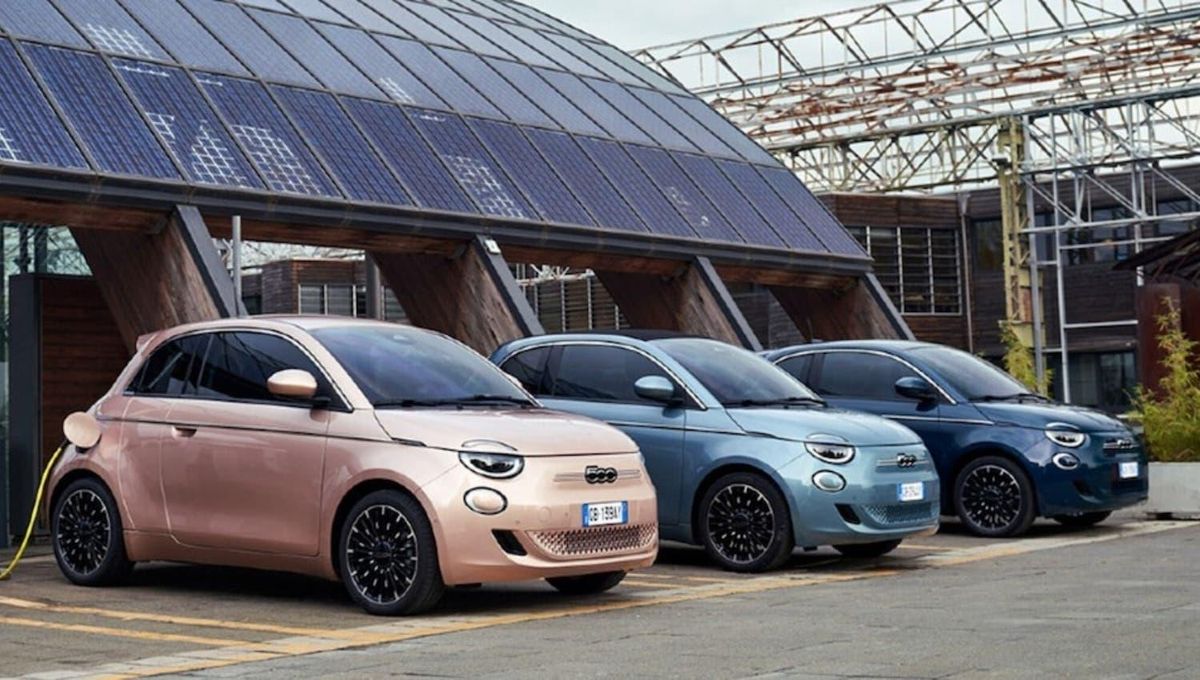European Auto Industry Faces Crisis As Job Cuts Loom

The European auto industry is currently juggling multiple crises, with several major automakers announcing plant closures and significant layoffs. The situation highlights the mounting pressures faced by the sector as it navigates turbulent waters marked by shifting consumer preferences, fierce competition from abroad, and the challenging transition to electric vehicles (EVs).
Stellantis, the multinational automotive manufacturer known for brands like Jeep and Chrysler, recently made headlines when CEO Carlos Tavares unexpectedly resigned. Initially expected to serve through 2026, Tavares’s departure signals the company’s struggle amid declining sales, particularly as U.S. sales decreased by 17% this year. His exit exemplifies the drastic steps automakers are taking to counteract the industry’s average downturn.
Observers note three major challenges hampering the European auto sector: the EV dilemma, competition from Chinese companies, and the specter of new tariffs slated to impact supply chains. Despite the increasing popularity of EVs, their sales growth has not kept pace with projections, forcing companies to reconsider their electric strategies. Traditional hybrid vehicles are making a resurgence, complicate the matter. Meanwhile, Chinese automakers continue to gain ground, offering competitively priced EVs, which have set alarm bells ringing among U.S. manufacturers and industry leaders, with figures like Ford CEO Jim Farley openly touching upon the competition from China’s burgeoning market.
Recent political and economic trends, including President-elect Donald Trump’s proposed tariffs on imported Mexican auto parts, add another layer of complexity. With the U.S. relying heavily on parts imports from Mexico, totaling over $65 billion last year, the uncertainty surrounding the implementation of these tariffs leads many to question the future stability of supply chains, thereby constraining potential production capacity.
But it’s not just Stellantis facing turmoil. Other prominent firms like Volkswagen and Ford are also feeling the heat. Volkswagen has struggled with sales and recently announced working hour reductions at its plants. Similarly, Ford announced plans to cut 4,000 jobs across its European workforce—14% of its total. Such actions speak volumes about the industry’s challenges as it adjusts to shifting strategic priorities amid economic headwinds.
Adding to these woes, the French auto parts supplier Valeo has announced significant job cuts, impacting operations across multiple European countries. The company cited sluggish demand and difficulties posed by Asian competition as core reasons behind its restructuring efforts.
Germany’s automotive industry is particularly reflective of these broader trends. Amidst rising costs, dwindling demand, and increasing competition, companies like Bosch have declared their intentions to cut thousands of jobs and reduce work hours at various facilities, underscoring the challenge of maintaining profitability amid low consumer demand. Germany’s economic growth is also spiraling downward, prompting analyses from organizations like the OECD, which recently doused expectations for the country’s GDP growth.
Some key suppliers, such as Michelin and Schaeffler, have just crossed the threshold of major restructuring, announcing plant closures and thousands of job losses. Michelin’s decision to shut down two production sites reflects a broader struggle against high operational costs and the relentless advance of cheaper Asian competition.
The European auto sector is being urged to rethink its approach on multiple fronts: from bolstering domestic production capabilities to adapting business models to future-proof themselves against the rapidly changing global automotive climate. Italian Deputy Prime Minister Antonio Tajani emphasized the need for Stellantis to prioritize local interests, especially following Tavares’s exit, which stirred political and public disquiet over jobs within the region.
Going forward, the industry must pivot effectively, addressing both historical legacy issues and future-oriented strategies, or risk stagnation. With mounting pressure from competitors and shifting market dynamics, the European auto industry finds itself at a crossroads, with strategic decisions made today shaping its pathway forward.
Give Feedback. How was this article?
You can help us improve by leaving feedback specific to
this content.
How would you rate the quality of this article?
Which of the following feelings did this article evoke in
you?
Multiple Selection
How easy was it for you to find the information you were
looking for in this article?
Super Hard😱
😎Super Easy
Artificial intelligence is increasingly used in content
creation. What percentage of this article do you estimate was generated by AI?
How can we improve this article (or our articles in
general)?
Do you have any other suggestions for improving our content
or
website?
Thanks for the feedback
Thank you for supporting us to improve ourselves with your
feedback.
Related
ForexLive European FX news wrap: Euro stays buoyed, markets wait…
Headlines:Markets:EUR leads, AUD lags on the dayEuropean equities lower; S&P 500 futures up 0.1%US 10-year yields down 2.7 bps to 4.255%Gold up 0.4% to $2,9
European shares fall as tariff uncertainties weigh; US jobs data…
(Reuters) - European shares fell on Friday as frequent shifts in U.S. trade policy throughout the week resulted in risk aversion, while focus remained on th
US economy added 151,000 new jobs in February; Euro on…
US jobs report releasedNEWSFLASH: Hiring across the US economy picked up slightly at the start of Donald Trump’s second term in office.The US economy added 15












